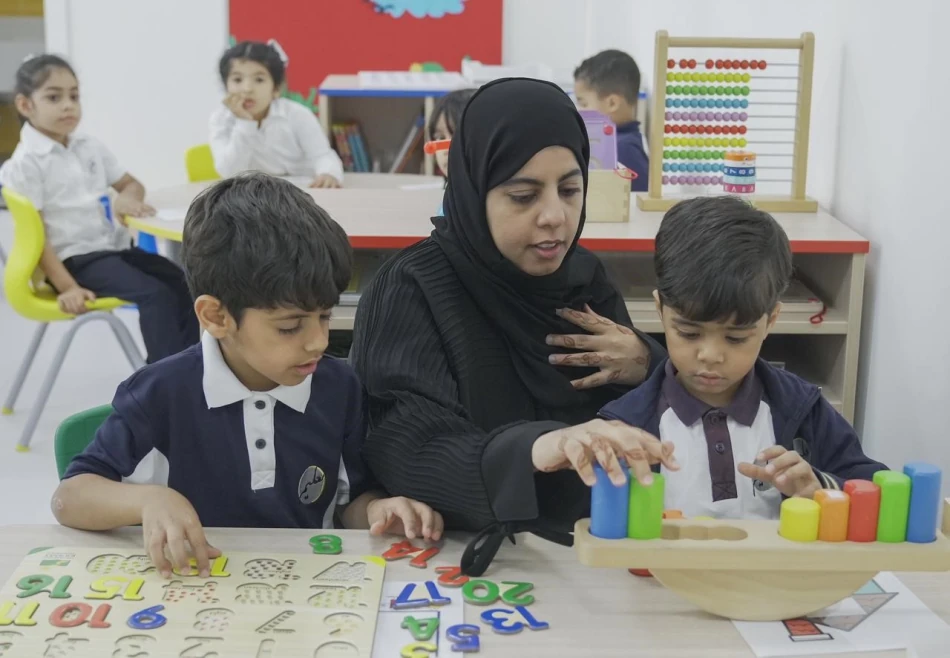
Schools Kick Off New Year with Student Data Updates and Family Expectations Survey
UAE Schools Launch Digital Revolution: Comprehensive Data Collection Signals New Era of Educational Excellence
As the 2025-2026 academic year begins, UAE government schools are implementing a sophisticated digital transformation strategy that goes far beyond routine data collection. By launching comprehensive electronic surveys targeting students and families, these institutions are positioning themselves at the forefront of educational innovation, potentially setting a new benchmark for personalized learning in the Gulf region.
Beyond Basic Information: A Strategic Data Revolution
The electronic surveys represent more than administrative housekeeping. Schools are collecting granular data including full student names, grade levels, comprehensive parent contact information, emergency contacts, and detailed transportation preferences. What makes this initiative particularly noteworthy is the inclusion of precise residential data, including "Makani" numbers—the UAE's advanced location system—villa numbers, and street identifications.
This level of detail suggests schools are building sophisticated student profiles that could enable highly personalized educational experiences, similar to data-driven approaches successfully implemented in Singapore's education system and select districts in Finland.
The Family Ecosystem Approach
The surveys extend beyond individual students to map family educational ecosystems. By tracking siblings within schools and previous educational institutions, administrators are creating comprehensive family educational histories. This holistic approach mirrors successful models in countries like South Korea, where family educational patterns significantly influence academic planning.
Strategic Implications for Educational Quality
School administrators emphasize that updated data serves as a critical tool for developing academic and administrative plans while ensuring safe and supportive learning environments. This systematic approach to data collection could enable predictive analytics for student success, early intervention programs, and resource allocation optimization.
Stakeholder Engagement as Competitive Advantage
The initiative's emphasis on surveying student and parent expectations for the new academic year represents a customer-centric approach rarely seen in traditional educational systems. By actively soliciting feedback and suggestions, UAE schools are positioning themselves more like adaptive service organizations than rigid institutional structures.
This approach could provide significant advantages in the competitive Gulf education market, where private international schools have traditionally dominated through superior customer service and personalization.
Ministry of Education's Digital Vision
The Ministry of Education's support for enhanced school-community communication channels reflects broader UAE digital transformation goals. This initiative aligns with the nation's Vision 2071 objectives and positions the education sector as a key component of the UAE's knowledge economy strategy.
Regional and Global Context
While countries like Estonia and Denmark have pioneered digital education initiatives, the UAE's comprehensive approach to family-school data integration could establish new standards for emerging digital education markets across the Middle East and Asia. The timing coincides with global educational technology investments reaching record levels, suggesting optimal market conditions for such innovations.
The success of this data-driven approach could influence educational policy across the Gulf Cooperation Council states, potentially creating a regional competitive advantage in attracting international families and educational investment.
Most Viewed News

 Sara Khaled
Sara Khaled






